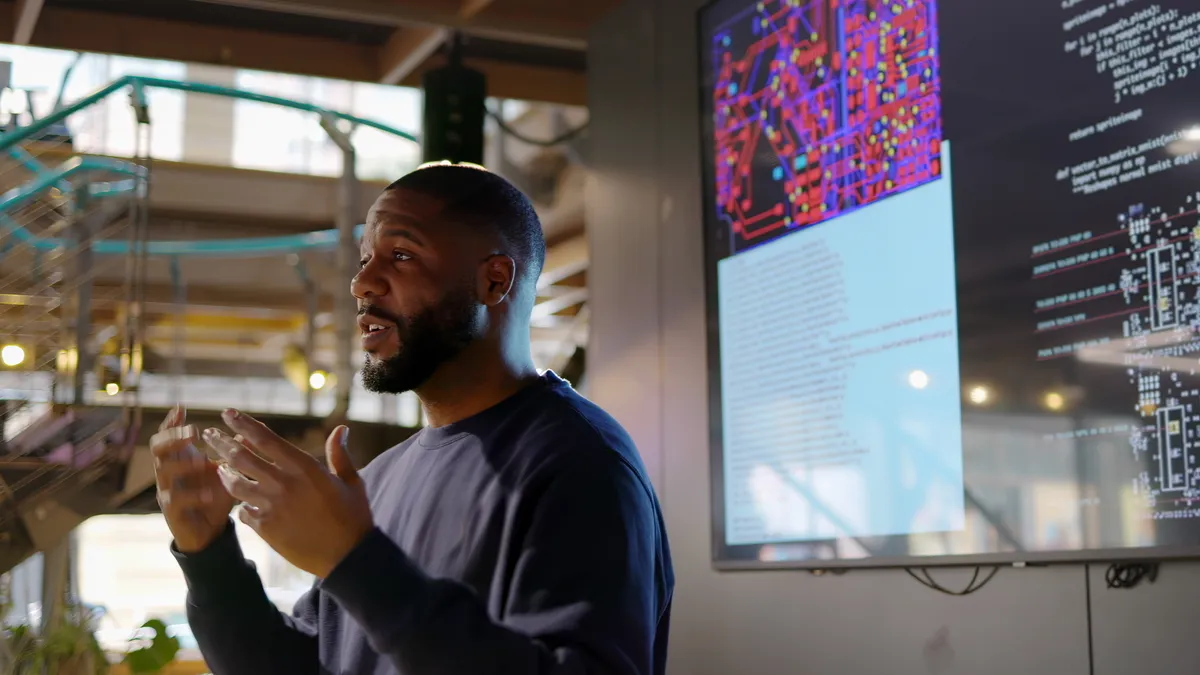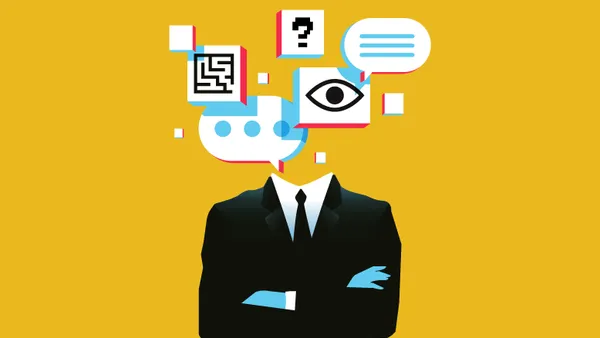The vast majority of information and communication technology (ICT) jobs will experience AI-related transformation, according to a report released July 31 by the AI-Enabled ICT Workforce Consortium.
The consortium consists of companies such as Google, Indeed, Intel and Microsoft and is led by Cisco. Accenture analyzed the data.
By their findings, 92% of ICT jobs will go through “high or moderate transformation” due to AI. In particular, entry-level and mid-level jobs are slated to experience the most change, according to the report, which offers an outlook on the future of work in IT and telecommunications through an analysis of nearly 50 top ICT jobs.
“With the introduction of technology and tools such as ChatGPT, Gemini, Midjourney and further emergence of AI tools, workers must prepare for digital work environments increasingly adept at mimicking human capabilities,” the collective said in a press statement.
Foundationally, workers will need upskilling in the following areas:
- AI literacy
- AI preparedness
- Data analytics
- Prompt engineering
The consortium named AI ethics and responsibility, and architecture of large language models as more areas that pose opportunities for learning and development.
The collective went as far as to say that skills in “basic programming and languages,” content creation, “traditional” data management and documentation maintenance could become less relevant.
Cisco, Google, IBM, Microsoft and SAP announced their own commitments to AI upskilling— if not millions of people trained, then millions of dollars to be invested by each.
Where does HR factor in?
Hearing once more that a skills gap exists may not be encouraging to HR — especially as the AI landscape evolves so rapidly. However, a recruiter at a major telecom company previously highlighted how HR can help: Hire talent not just because of their existing tech skills but their willingness to learn and ability to be coached.
Additionally, AI presents an opportunity to transform the face of modern HR, from automating aspects of the hiring process to internal nudging.
"AI represents a never-before-seen opportunity for technology to benefit humankind in every way, and we have to act intentionally to make sure populations don't get left behind," Cisco Chief People, Policy & Purpose Officer Francine Katsoudas said in a statement.
However, as is the case with most evolving technological developments, people have expressed hesitancy and fear — particularly regarding HR. Some employers are nervous about the legal risks that AI automation poses with certain HR tasks.













